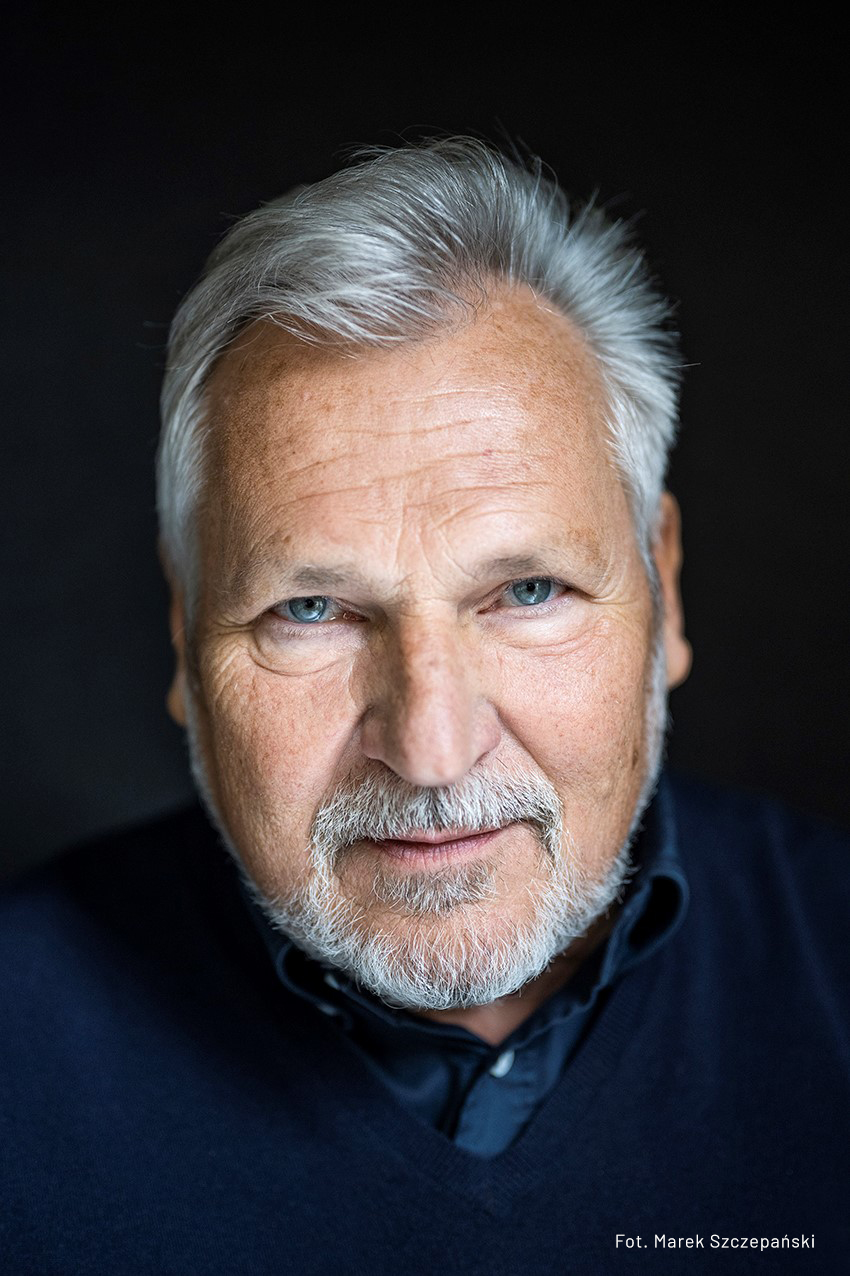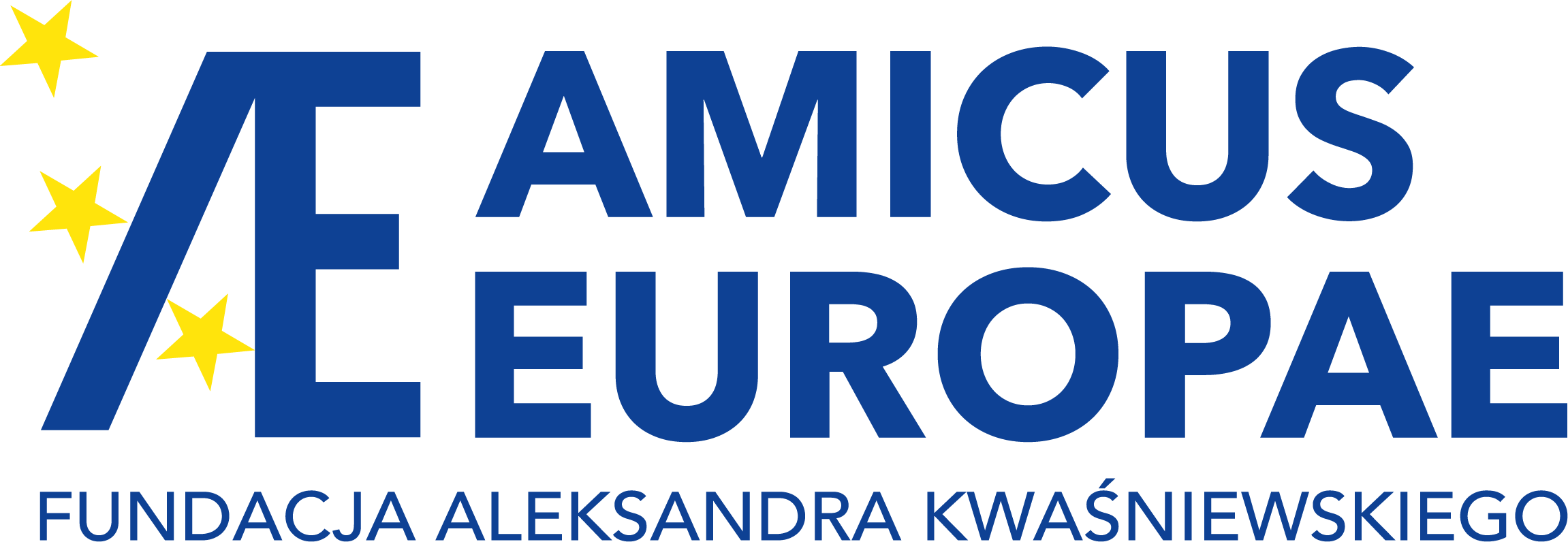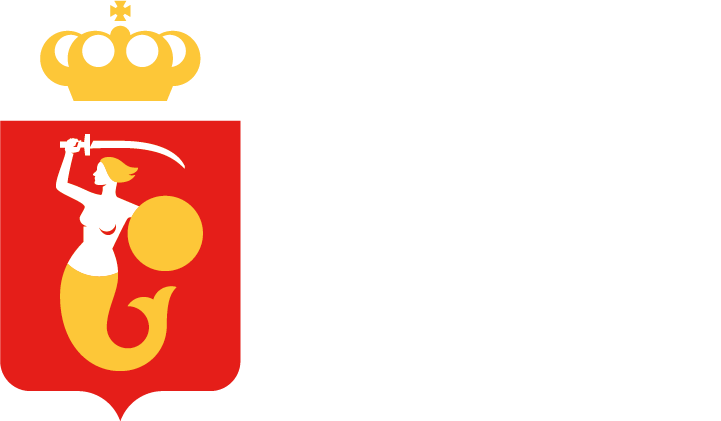
Aleksander Kwaśniewski
Born on November 15, 1954, in Bialogard (Koszalin Province, currently West Pomerania).
Wife Jolanta (née Konta). Daughter Aleksandra (born 1981).
Studied (1973-1977) at the Department of Transportation Economics (foreign trade) at the University of Gdansk. An activist in the student movement until 1982, including chairman of the School Council of the SZSP (1976-1977), vice-chairman of the Voivodship Board in Gdansk (1977-1979), member of the SZSP general authorities (1977-1982). Editor-in-Chief of the student weekly “ITD” (November 1981-February 1984), editor-in-chief of the daily “Sztandar Młodych” (1984-1985), co-founder of the first magazine devoted to computerization “Bajtek” (1985).
Co-chairman with Tadeusz Mazowiecki and Romuald Sosnowski of the Team for Trade Union Pluralism. Member of the Polish United Workers’ Party (1977-1990). Co-founder of the Social Democracy of the Republic of Poland (January-February 1990) and its first chairman (until December 1995). Co-organizer of the Democratic Left Alliance (1991).
Sports activist – in the Academic Sports Association (1975-1979) and the Polish Olympic Committee. Chairman of the Polish Olympic Committee (1988-1991).
Honored with the Golden Olympic Order of the International Olympic Committee (1998), the Golden Order of Merit of the IAAF (International Athletics Federation) (1999), and the Order of Merit of the EOC (Association of European Olympic Committees) (2000).
Member of the Parliament of the Republic of Poland from the Warsaw district (in the 1993 elections, he received the most significant number of votes – 148,553). Chairman of the Democratic Left Alliance Parliamentary Club in the first and second terms (1991-1995). Member of the Foreign Affairs Committee and Chairman of the Constitutional Committee of the National Assembly (November 1993-November 1995). Winner of presidential elections: first in 1995 (campaign slogans: “Let’s choose the future” and “Common Poland”) – 51.7% of the vote against Lech Walesa’s 48.3%, and then in 2000 (campaign slogan “Home of all – Poland”) – 53.9% of the vote already in the first round.
He was sworn in as President of the Republic of Poland on December 23, 1995. On the same day, he takes the oath of office as the Armed Forces Commander-in-Chief at the 1st Fighter Aviation Regiment “Warsaw” in Minsk Mazowiecki. He was sworn in again before the National Assembly for a second term on December 23, 2000. On the same day, at the Museum Ship “Blyskawica” in Gdynia, he assumed supremacy over the Polish Armed Forces.
He co-drafted and participated in the referendum campaign to adopt the Constitution of the Third Republic of Poland, which he signed on July 16, 1997. At the United Nations Forum, he submitted a draft Convention on the Fight against Organized Crime (1996). He actively participated in efforts to promote Poland’s membership in NATO.
He headed the Polish delegation to the Madrid (1997) and Washington (1999) summits. On February 26, 1999, he signed the documents ratifying Polish membership in NATO (in a joint ceremony with President of the Czech Republic Vaclav Havel). He actively worked to expand the Alliance to include seven more countries (NATO summit in Prague 2002) and to continue the “open door” policy. On his initiative, an international conference of leaders of Central, Eastern, and Southeastern European countries on strengthening the region’s efforts to combat global terrorism was organized in Warsaw (2001) – within the framework of the anti-terror coalition.
A supporter of Poland’s accession to the European Union – finally obtained on May 1, 2004. An initiator and active participant in the pro-European campaign preceding the nationwide referendum, in which 77 percent of the voting Poles voted in favor of Poland’s accession to the EU (June 2003). Under his leadership, a public debate has been held at the Presidential Palace since February 2004 under the slogan “Strong Poland in Strong Europe,” bringing together politicians, intellectuals, scientists, NGOs, and local government circles.
Advocate for regional cooperation in Central and Eastern Europe. Host of the meeting of presidents of the region in Lancut (1996), an active participant in such meetings in Portoroz (1997), Levoča (1998), and Lviv (1999). Together with the President of Lithuania, he initiated the meeting “Coexistence of nations and good neighborly relations as a guarantee of security and stability in Europe” in Vilnius (1997) and its continuation – the meeting under the motto “Baltic-Black Sea cooperation: towards a united Europe of the 21st century without divisions” in Yalta (1999). Creator of the Riga Initiative (2002) – a platform for cooperation between the countries of our region of Europe, creating conditions for the expansion of NATO and the European Union.
Author of initiatives aimed at reconciliation:
Polish-German, including co-founder of the Polish-German youth exchange program “Jugendwerk” (1986 – as Minister of Youth Affairs), patronage of the construction of the Collegium Polonicum of the Viadrina University in Słubice – Frankfurt n. Oder (inaugurated in October 1996), raising the problem of the mutual return of national cultural works (December 1998), joint commemoration with the President of Germany of the 60th anniversary of the outbreak of World War II (September 1999);
Polish-Ukrainian, including the “Declaration on Reconciliation” (May 1997), the Polish-Ukrainian Local Government Forum (June 1999), initiator of the unveiling of a monument to the victims of the Jaworzno camp (May 1998), and protector of the restoration of the Cemetery of the Eaglets in Lviv and Kharkiv; participant in an international mediation mission to resolve the political crisis that arose in Ukraine during the 2004 presidential election;
Polish-Jewish affairs, including the establishment and patronage of the Auschwitz Program and involvement in the initialing of the Auschwitz Declaration by the Polish side and a coalition of Jewish organizations, launching the process of restoring Polish citizenship to those deprived of it by political decisions in 1968, active participation in the work on the law on the relationship of the state to Jewish religious communities.
Awarded the highest orders:
Knight of the Order of the White Eagle. Honored with the Grand Cross of the Order of Rebirth of Poland.
Lithuania – Order of Vytautas the Great First Degree (1996) and Order of the Grand Duke of Lithuania Gediminas First Degree (1999);
Great Britain – Knight Grand Cross of the Order of the Bath (March 1996) and Knight Grand Cross of the Order of St. Michael and St. George (October 1996);
France – Grand Cross of the Order of the Legion of Honor (1996);
Norway – Royal Order of St. Olaf (1996);
Greece – Grand Cross of the Order of the Savior (1996);
Latvia – Order of the Three Stars (1997);
Finland – Grand Cross with Chain of the Order of the White Rose of Finland (1997);
Malaysia – Royal Order of Merit (1997);
Ukraine – Order of Yaroslav the Wise, First Class (1997);
Netherlands – Grand Cross of the Order of the Dutch Lion (1997);
Slovakia – Order of the White Double Cross First Class (1997);
Portugal – Order of Infanta Henry with the Grand Ribbon (1997);
Ukraine – Diploma of “Honorary Citizen of the City of Kyiv” (May 1997);
Estonia – Grand Cross with Ribbon of the Order of Terra Mariana (1998);
Romania – Order of the Star of Romania with Ribbon (1999);
Chile – Grand Chain of the Order of Merit (1999);
Belgium – Grand Ribbon of the Order of Leopold (1999);
Turkey – Order of the State (April 2000);
Croatia – Grand Order of King Tomislav with Ribbon and Grand Star (April 2001);
Spain – Order of Isabella the Catholic with Chain (May 2001);
Federal Republic of Brazil – National Order of the Southern Cross (2002);
Republic of Peru – Special Grand Cross of the Order “In Recognition of Special Merit” (2002);
Federal Republic of Germany – Grand Cross of Merit of the Federal Republic of Germany (2002);
Japan – Grand Ribbon of the Supreme Order of the Chrysanthemum (2002);
He was also awarded the highest decoration of the Orthodox Church in Poland – the Order of St. Mary Magdalene of the First Degree with Ornaments (1998).
He was honored with the “Wiktor” award for television personality (1993, 1995, 2000).




